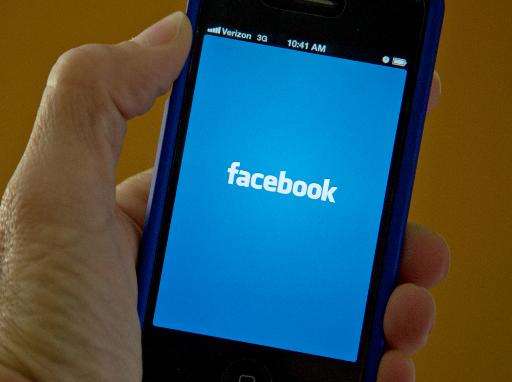Facebook opens new artificial intelligence lab in Paris

Facebook on Tuesday announced the opening of a new artificial intelligence lab in Paris to expand a push to make its online social network smarter and more profitable.
The new Paris AI lab—the third after two it operates in the United States—has six researchers at work and will more than double that number by the end of the year, executives from the US-based company said. The recruits will come from France's top public and private technological institutions.
Since 2013, Facebook has been looking to push the envelope for artificial intelligence. It hired Yann LeCun, a renowned French professor at New York University specialised in "deep learning" algorithms, to run the initiative.
Internet rival Google is also determinedly pursuing AI. Last year it began an AI partnership with Oxford University in Britain.
Facebook's AI Group already has research facilities at its Menlo Park headquarters in California, and in New York City.
The new Paris lab will be "the biggest artificial intelligence research facility in France and in continental Europe," LeCun told AFP.
The only other European labs to rival the French one are in Britain, where Facebook had initially thought about setting up an AI research facility.
"We chose Paris for the concentration of talent it has in terms of computing and artificial intelligence," said Mike Shroepfer, Facebook's chief technology officer.
He said one of the priorities of the AI research is to better recognise and interpret images.
More than 350 million photos are uploaded to Facebook every day, joining hundreds of billions already saved on users' pages and in albums.
LeCun said AI applications would help to "eliminate spam and, eventually, violent videos".
Being able to better mine those images, and the videos also uploaded, would also open up new advertising opportunities for Facebook.
The social network company said in April that its first-quarter revenues jumped 42 percent to $3.5 billion (3.2 billion euros), led by advertising gains.
Its first-quarter net profit was down 20 percent to $509 million (461 million euros) amid hefty increases in spending on research and share-based compensation.
© 2015 AFP





















